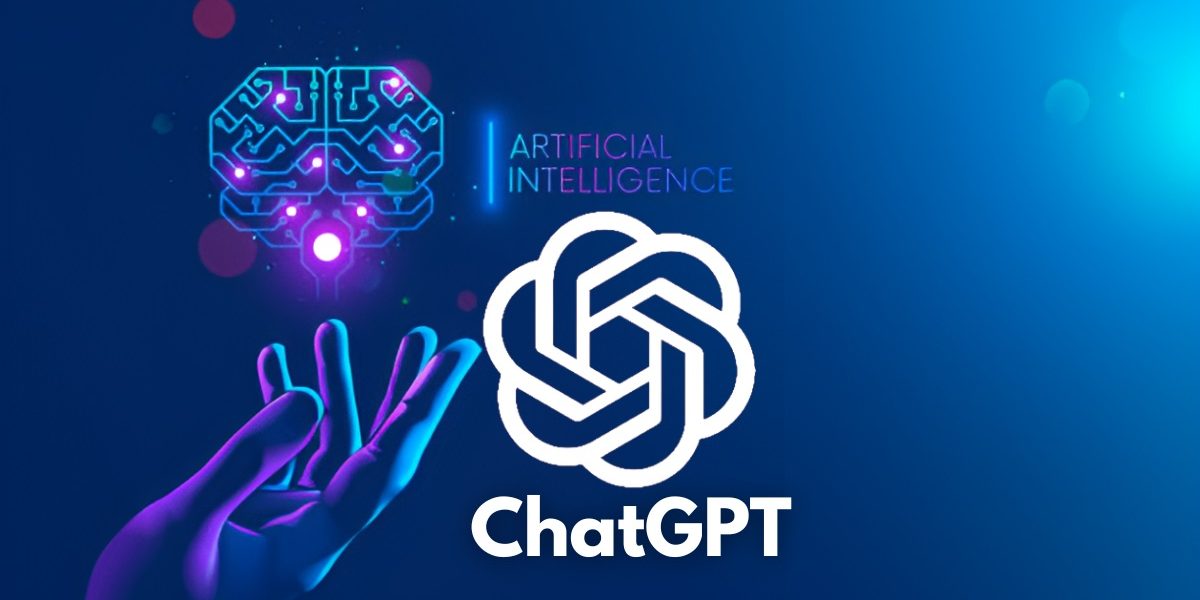The Impact of AI Language Models on Scientific Writing: A Deep Dive
In the ever-evolving landscape of scientific research, the integration of artificial intelligence (AI) has ushered in both innovation and controversy. Andrew Gray, a librarian at University College London, has recently unveiled a startling revelation: the pervasive use of AI language models, such as ChatGPT, in scientific writing. Gray’s meticulous analysis of five million scientific studies published in the past year has brought to light a significant surge in the utilization of specific words, indicative of AI assistance.
Unveiling the Trend: AI’s Influence on Scientific Discourse
Gray’s investigation has unearthed a remarkable trend in contemporary scientific literature. Words such as “meticulously” (up by 137%), “intricate” (up by 117%), “commendable” (up by 83%), and “meticulous” (up by 59%) have experienced a sudden upsurge in usage, particularly in their English versions. This trend, Gray argues, can be attributed to the widespread adoption of AI language models, notably ChatGPT, by tens of thousands of researchers worldwide.
Illustrative examples underscore the extent of AI integration in scientific writing. From Chinese scientists copy-pasting AI-generated introductions into their lithium battery research to Israeli researchers inadvertently including AI prompts in their manuscripts, instances abound. Moreover, the emergence of AI-generated illustrations, such as a bizarre depiction of a rat with an oversized phallus, further underscores the AI’s expanding role in scientific endeavors.
Gray’s Revelations: Shedding Light on the Gray Areas
Gray estimates that over 60,000 scientific studies, constituting more than 1% of those analyzed in 2023, were crafted with the aid of ChatGPT or similar AI tools. While Gray acknowledges that outright AI-generated studies are rare, he highlights the prevalence of a “gray area” where researchers leverage AI assistance without due diligence. This lack of transparency, compounded by journals’ failure to mandate disclosure of AI usage, exacerbates the ambiguity surrounding AI’s impact on scientific integrity.
The Stanford Study: AI’s Influence on Review Processes
Insights from James Zou and his team at Stanford University shed further light on AI’s encroachment into scientific review processes. Their research reveals a significant uptick in the usage of positive-connotation terms like “meticulous” in review assessments, attributed to AI assistance. However, Zou’s analysis of Nature Group journals unveils a contrasting landscape, with minimal traces of ChatGPT in reviews and an association between AI usage and diminished review quality.
Implications and Concerns: Navigating the Ethical Quagmire
Gray’s findings underscore a pressing need for reflection on AI’s ethical implications in scientific writing. As AI-generated studies proliferate, there’s a looming risk of a “vicious cycle,” wherein successive iterations of AI models perpetuate insubstantial research outputs. The repercussions extend beyond scientific discourse, as evidenced by Jeremy Nguyen’s observation of personal linguistic assimilation following prolonged interactions with ChatGPT.
Global Perspectives: Beyond Anglophone Realms
Angel María Delgado Vázquez, a documentation expert at the University Pablo de Olavide, offers insights into AI’s global impact on scientific writing. He highlights the prevalent usage of ChatGPT among non-native English speakers as a tool for language enhancement and initial translations. However, he calls attention to the dearth of analysis regarding the origins of authors utilizing uncommon terms, urging a more comprehensive examination of linguistic dynamics in scientific discourse.
Lingual Evolution: AI’s Linguistic Footprint
Jeremy Nguyen’s research at Swinburne University of Technology delves into AI’s linguistic imprint, particularly in medical literature. His findings reveal a notable surge in the usage of terms like “delve,” indicative of AI’s influence on lexical evolution within scientific domains. Similarly, the Spanish iteration of ChatGPT exhibits a propensity for terms such as “intricate” and “elaborate,” underscoring AI’s cross-lingual linguistic impact.
Mitigating Risks: Charting a Course for Ethical AI Integration
As humanity grapples with the ramifications of AI’s infiltration into scientific discourse, proactive measures are imperative to safeguard academic integrity. Transparency initiatives, coupled with robust guidelines mandating disclosure of AI usage, can mitigate the risks of AI-induced insubstantiality in research outputs. Furthermore, interdisciplinary collaboration between AI researchers, ethicists, and scientific communities is essential to navigate the ethical quagmire posed by AI integration in scientific writing.
Conclusion: Navigating the AI-infused Scientific Terrain
Andrew Gray’s groundbreaking analysis illuminates the profound impact of AI language models on contemporary scientific writing. From the proliferation of AI-generated studies to the subtle linguistic assimilation observed among researchers, the ramifications of AI integration are multifaceted. As scientific discourse navigates this unprecedented terrain, ethical considerations must guide the integration of AI to preserve the integrity and rigor of scholarly endeavors. Only through collective vigilance and concerted efforts can the scientific community navigate the evolving landscape of AI-infused scholarship with integrity and purpose.

